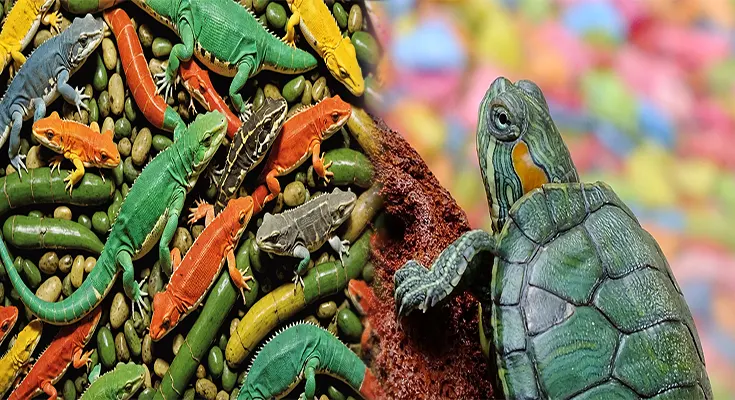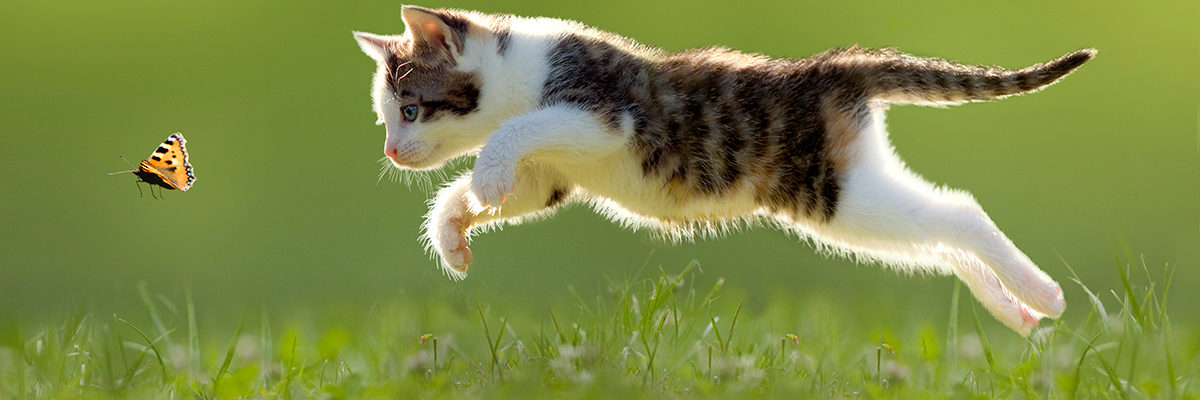
Understanding the Essential Nutritional Requirements for Exotic Reptiles and Amphibians
The care and maintenance of exotic reptiles and amphibians require careful consideration of their dietary needs to ensure their health and well-being. These unique creatures have specific nutritional requirements that differ from those of traditional pets, making it crucial for exotic pet owners to understand and cater to their dietary needs. In this article, we will explore the essential nutritional requirements for exotic reptiles and amphibians, providing valuable insights into how to best support their dietary health.
1. Understanding the Role of Vitamins and Minerals
Exotic reptiles and amphibians require a balanced intake of vitamins and minerals to support various physiological functions. Calcium, for example, is particularly crucial for the skeletal health of reptiles such as tortoises and lizards. Insufficient calcium can lead to debilitating conditions like metabolic bone disease, highlighting the importance of ensuring proper supplementation in their diet. Similarly, amphibians such as frogs and newts require adequate levels of vitamin A for vision and immune function.
2. Protein and Amino Acids
Protein is an essential component of the diet for many reptiles and amphibians, serving as a source of energy and supporting muscle development. Insect-eating species like chameleons and certain frogs rely heavily on protein-rich diets. Furthermore, ensuring …
Understanding the Essential Nutritional Requirements for Exotic Reptiles and Amphibians Read More
